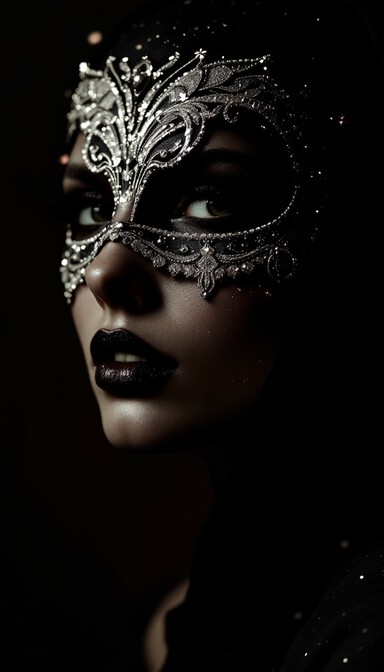The Curious Case of Nicolas Cage: Method Actor or Immortal Vampire?
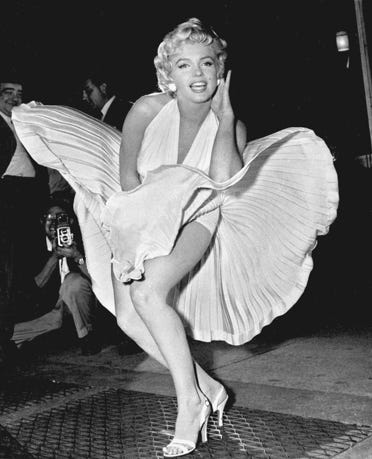
Nicolas Cage. The name conjures images of cinematic intensity, off-kilter choices, and a relentless dedication to his craft. But beneath the surface of his eccentric public persona lies a persistent, if outlandish, conspiracy theory: that Nicolas Cage is a centuries-old vampire.
It's a theory that has persisted for years, fueled by an antique photograph, a seemingly joking declaration by Cage himself, and the internet's insatiable appetite for the bizarre. But what is it about this particular theory that continues to captivate? And what, if anything, can we glean from its enduring appeal?
The Ebay Anomaly: The Photograph That Started It All
The genesis of the Nicolas Cage vampire theory can be traced back to 2011 when an antique dealer named Jack Mord listed a photograph on Ebay. The photograph, taken around 1870, depicted a man from the Civil War era in Tennessee. The resemblance to Nicolas Cage was, to put it mildly, uncanny. Mord listed the photograph with a bold claim: that Nicolas Cage was, in fact, a vampire, and the photograph was proof.
The listing quickly went viral. While Mord himself admitted that he was just having a bit of fun, the image struck a chord with the online community. The idea of a Hollywood star concealing a centuries-long existence was simply too irresistible.
Cage's Tongue-in-Cheek Confirmation (Sort Of)
The theory gained even more traction when Nicolas Cage himself addressed it during an appearance on The Late Show with David Letterman in 2012. When Letterman brought up the photograph, Cage, rather than dismissing the claim outright, responded with a cryptic, almost playful denial: "Now, look, I don't drink blood… I haven't drank blood in at least… well, not since my last film."
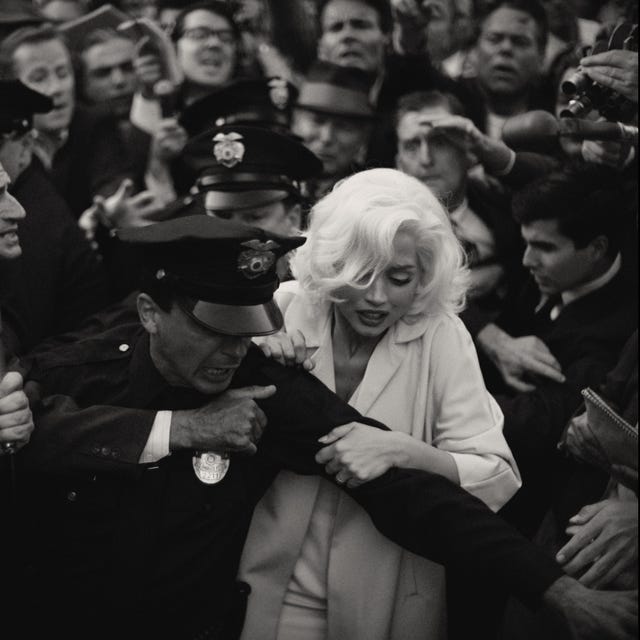
Cage's non-denial only served to fuel the flames of the conspiracy. His playful ambiguity was interpreted by many as a subtle acknowledgement of the truth. It was a masterclass in celebrity self-awareness, turning a bizarre rumor into a piece of personal branding.
The Allure of the Immortal
Why does this particular theory, among the countless others swirling around celebrities, resonate so deeply? The answer, perhaps, lies in our collective fascination with immortality. The idea of cheating death, of transcending the limitations of human existence, has been a recurring theme in mythology and literature for millennia.
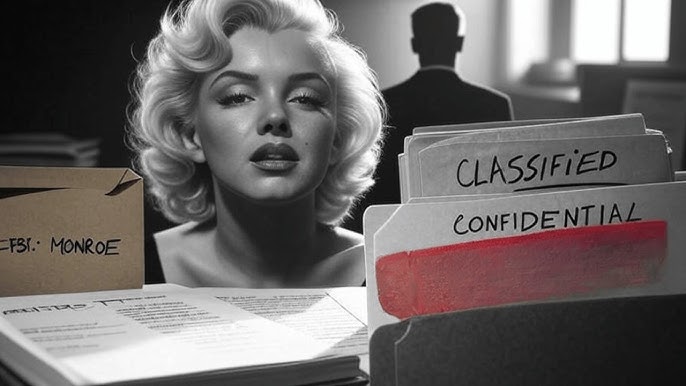
The Nicolas Cage vampire theory taps into this primal desire. It suggests that perhaps, just perhaps, someone has managed to unlock the secret to eternal life, and that someone is a Hollywood icon known for his larger-than-life performances. The absurdity of the claim is part of its appeal. It’s a fun, harmless fantasy that allows us to momentarily escape the mundane realities of our own mortality.
The Power of Pareidolia and Confirmation Bias
Of course, the theory also relies on more prosaic psychological phenomena. Pareidolia, the tendency to see familiar patterns in random stimuli, plays a significant role. The resemblance between Cage and the man in the photograph is striking, but it's also subjective. Our brains are wired to find patterns, even when they don't truly exist.
Confirmation bias further reinforces the theory. Once someone is predisposed to believe that Cage is a vampire, they are more likely to interpret his behavior, his film choices, and even his physical appearance in a way that supports that belief. A pale complexion becomes evidence of nocturnal habits; an unusual film role becomes a clue to his hidden past.
The Reflection of Celebrity Obsession
Beyond the fascination with immortality, the Nicolas Cage vampire theory also reflects our complex relationship with celebrity culture. We are simultaneously enthralled and cynical, eager to believe in the extraordinary while remaining skeptical of the carefully constructed narratives that celebrities and their publicists present to us.
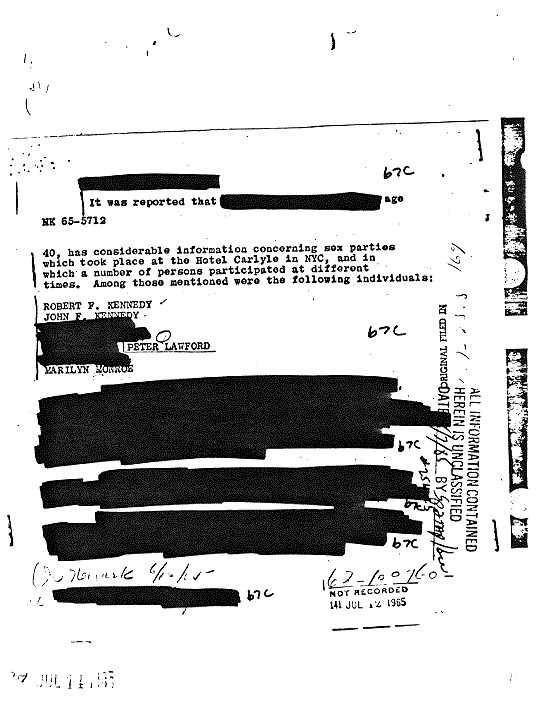
The vampire theory, in a way, is a form of rebellion against this manufactured reality. It suggests that there's something more, something hidden beneath the carefully curated image. It's a way of asserting our own agency in the face of a celebrity machine that often feels opaque and manipulative.
The Unfalsifiable Claim and its Enduring Appeal
Ultimately, the Nicolas Cage vampire theory is unfalsifiable. There's no way to definitively prove or disprove it. And that's precisely why it continues to thrive. It exists in a liminal space between fact and fiction, allowing us to indulge in our imaginations without having to confront the harsh realities of the world.
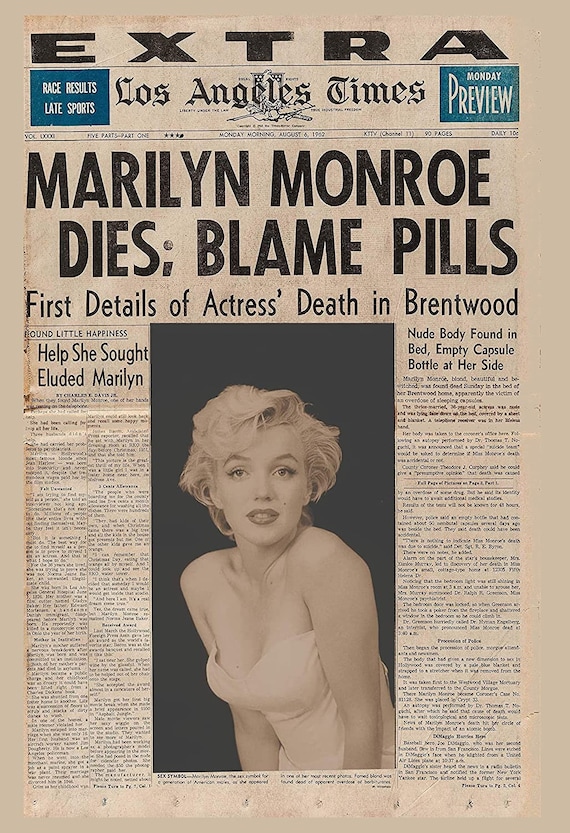
It’s a testament to the power of myth-making, the enduring allure of the supernatural, and our collective fascination with the hidden lives of the rich and famous. Whether Nicolas Cage is actually a vampire is, of course, highly improbable. But the fact that we're still talking about it years later speaks volumes about the enduring power of a good conspiracy theory.
The Broader Context: Celebrity Conspiracy and the Search for Truth
The Cage vampire theory is just one example of the many conspiracy theories that attach themselves to celebrities. From Elvis faking his death to the "Paul is Dead" Beatles rumor, these theories often reflect anxieties about authenticity, control, and the hidden realities of fame.
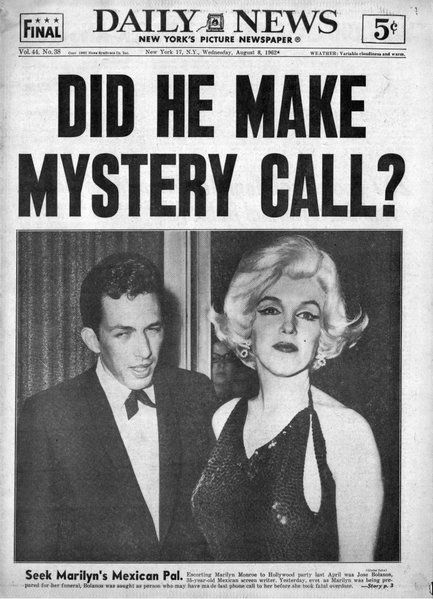
These theories often provide a sense of order and control in a world that can feel chaotic and unpredictable. By uncovering "hidden truths," believers feel like they're gaining an edge, piercing through the veil of manufactured reality. This quest for truth, even when based on flimsy evidence, is a powerful motivator.
The Role of the Internet and Social Media
The internet has undeniably amplified the spread and longevity of these theories. Social media platforms provide fertile ground for sharing evidence (real or imagined), debating interpretations, and building communities of believers.
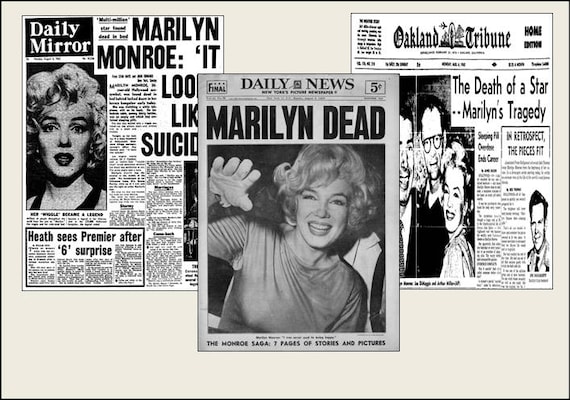
This echo chamber effect can reinforce existing beliefs and make it difficult for people to critically assess the evidence. Algorithms often prioritize engaging content, regardless of its accuracy, further contributing to the spread of misinformation.
Decoding the Myth: More Than Just a Laugh
While the Nicolas Cage vampire theory might seem like harmless fun, it offers a glimpse into the deeper currents of our culture. It reflects our fascination with immortality, our complex relationship with celebrity, and our inherent desire to uncover hidden truths.
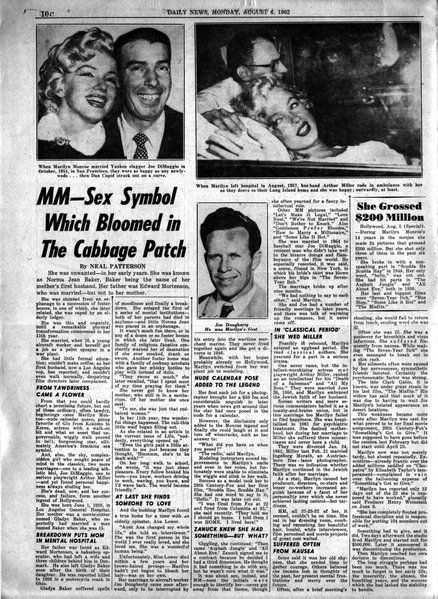
It also highlights the power of the internet to amplify these narratives, creating communities of believers and reinforcing existing biases. By understanding the psychological and social factors that contribute to the spread of conspiracy theories, we can become more critical consumers of information and more discerning observers of the world around us.
A Final Thought: The Enigmatic Cage
Ultimately, the mystery surrounding Nicolas Cage – whether vampire or simply an exceptionally dedicated actor – adds to his enduring appeal. He remains an enigma, a figure who defies easy categorization. And perhaps, that's exactly how he wants it.

After all, what's more captivating than a little bit of the unknown? And who knows, maybe he really doesn't drink blood… much anymore.
